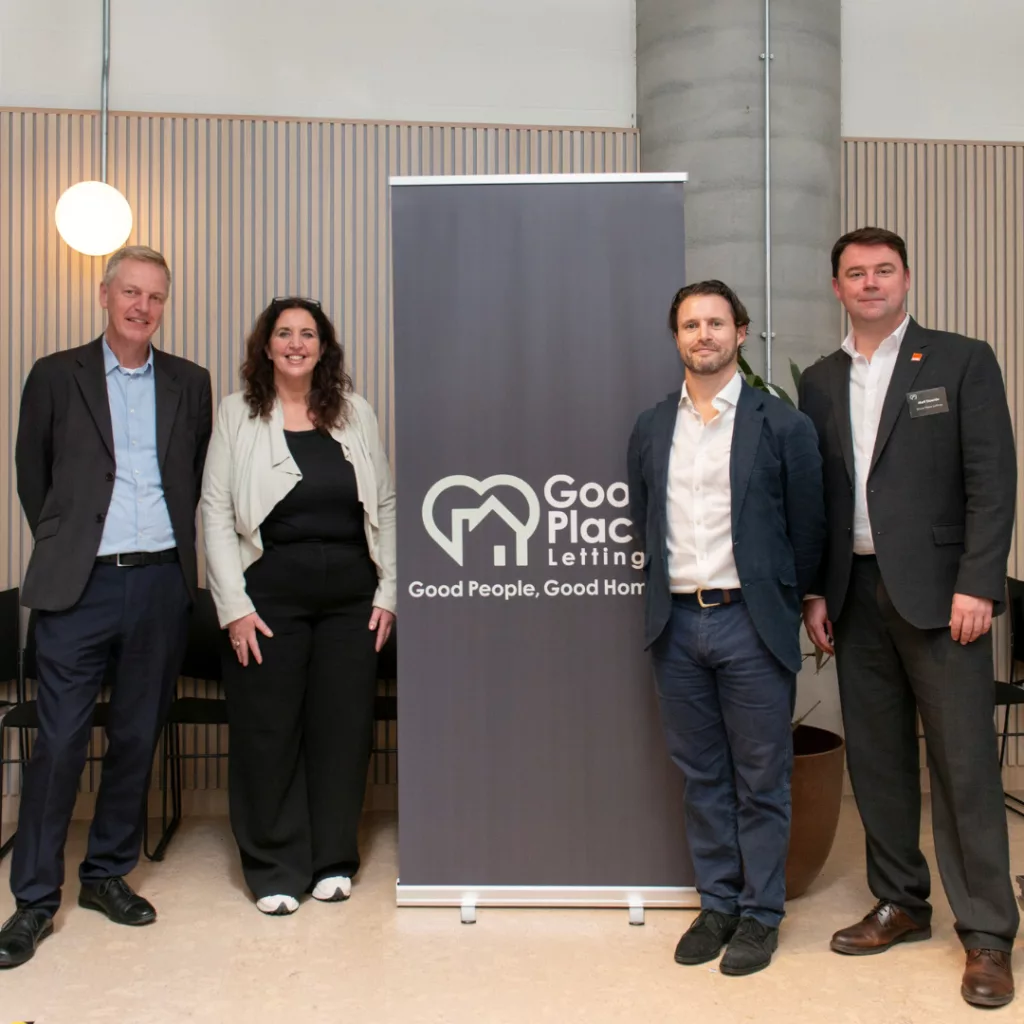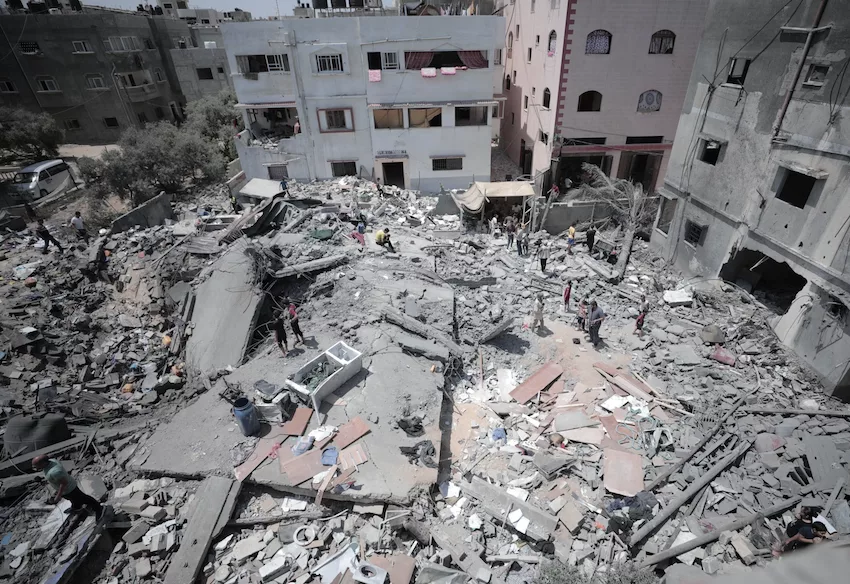Tanzania Women Architects for Humanity (TAWAH) has been awarded a prestigious Gold World Habitat Award, in partnership with UN-Habitat, for its project that transforms the lives of women and the elderly in Mhaga, a rural village in Tanzania.
TAWAH’s initiative tackles housing poverty and gender inequality by teaching women construction skills from its large training centre in Mhaga. The training enables them to build affordable, environmentally friendly homes for elderly residents who would otherwise be living in unsafe and uncomfortable housing, at a time in their lives when they are most vulnerable.
So far 17 homes have been completed, some with support from Habitat for Humanity. In total, 80 trainees have learnt construction skills like masonry, carpentry and painting, how to make bricks from soil, improve infrastructure, set up and use rainwater harvesting and wastewater recycling systems, and receive support to set up their own businesses.
The initiative also promotes gender equity, with evidence showing men increasingly working alongside their wives on home improvement projects. By providing women with marketable skills and economic opportunities, TAWAH is promoting self-reliance and transforming communities.
TAWAH’s project receives regular international attention for its innovative approach and potential for replication. The organisation is committed to expanding its impact and hopes to establish new training centres in other regions of Tanzania.
David Ireland, CEO of World Habitat, said:
“This gold winning project offers a replicable, affordable, equitable and sustainable model to improve home, habitat and livelihoods in rural areas. TAWAH’s work has not only impacted the lives of the female trainees but their elderly neighbours, their communities, the natural environment and indeed society’s misconception of what ‘women’s work’ is.
Victoria Heilman, CEO of TAWAH said: “This award acknowledges the resilience and strength of Tanzanian women who are at the heart of our mission. Through training women in sustainable construction techniques and empowering them to build homes for those in need, we are redefining the role of women in construction and driving change in communities traditionally underserved.”




